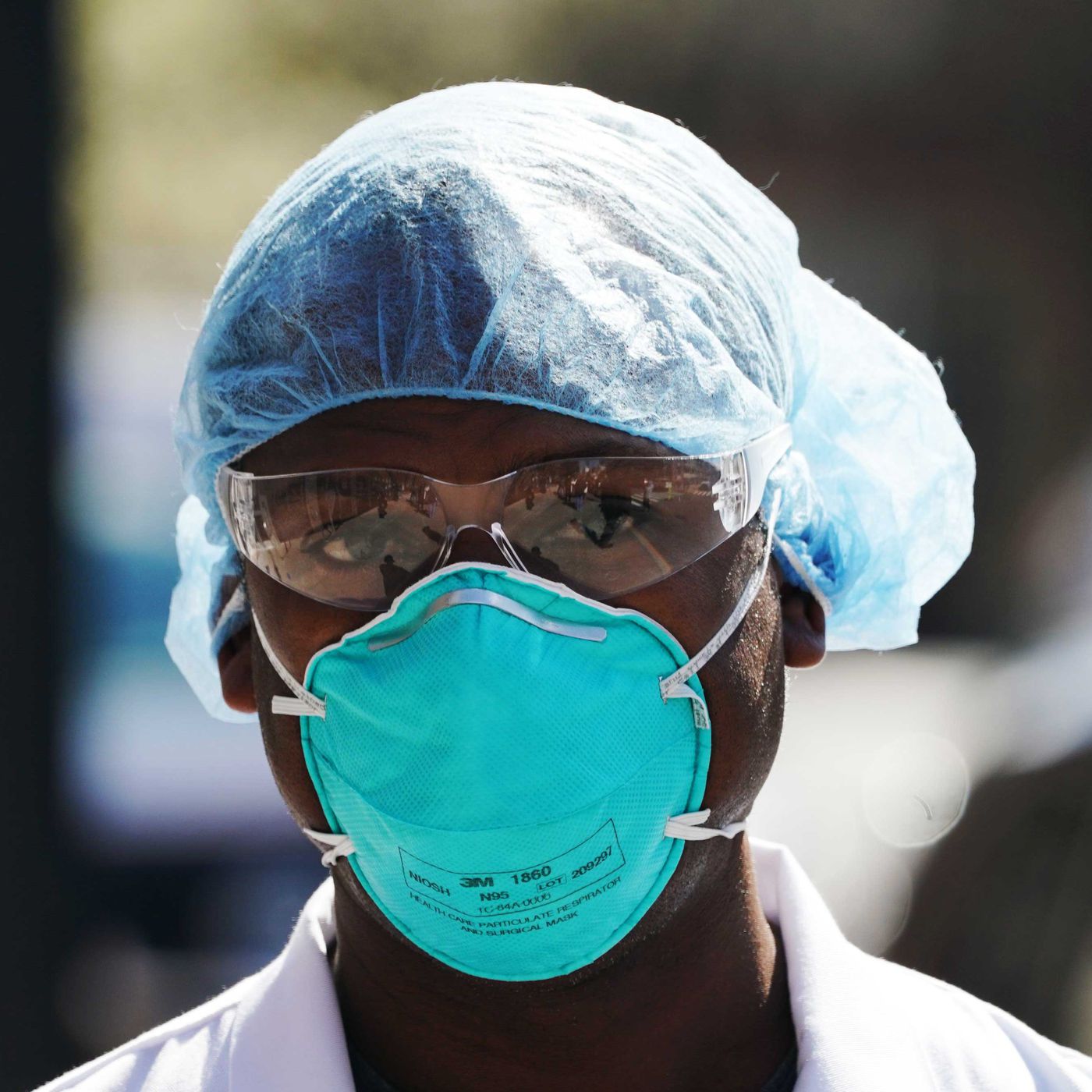RIO DE JANEIRO, BRAZIL – The US started 2021 with a surge in Covid-19 infections and deaths. At the time, Brazil was also experiencing a difficult situation, albeit with lower figures. About two months later, the situation has reversed.

The US now records less than half of the daily deaths that it saw in January, while Brazil is close to tripling the total number of victims. In mid-January, the US reached its worst point in the crisis. The weekly average of Covid-19 deaths reached 3,422 per day. However, after that, the number of deaths began a virtually steady decline, a trend that continues to this day.
Brazil started the year with an average of 700 daily deaths. This rate surpassed the 1,000 mark in the second week of January and remained stable until the beginning of March, when it started to strongly increase again to 1,800 daily deaths, surpassing the USA, which now records an average of 1,300 daily deaths.
The United States is the country with the highest number of deaths since the start of the crisis a year ago: 536,000, against 279,000 in Brazil, which ranks second. In January, the USA changed presidents: Donald Trump, who had his own pandemic strategy and did not actively promote mainstream measures, such as the wearing of masks, left to give way to Joe Biden. Since then, the Democrat has kept his campaign pledges to listen to experts, impose social distancing, and encourage the adoption of face masks.
In addition, the US has stepped up its vaccination campaign. Already Trump has led the US government to accelerate the development of immunizers.
Biden set a goal of accelerating the administration of vaccines and pledged to immunize 100 million Americans in his first 100 days in office. With an average of 2 million immunizations per day, the Democratic leader should reach the goal before his 60th day in office.
Despite the change in government, Antony Fauci, considered by some America’s leading infectious disease specialist, remained on the White House Covid task force and was given greater autonomy. The day after Biden’s inauguration, he did not conceal his joy at no longer having to disprove Trump’s lines. “The good thing about this administration is that if you don’t know the answer, you don’t try to guess. You just say you don’t know,” he commented.
In January, Brazil witnessed hospitals collapsing in Manaus, with patients dying for lack of oxygen. In the same month, the country began its vaccination campaign, marked by a clash between the São Paulo government and the Bolsonaro administration and a shortage of doses. In two months, vaccination has covered about 6% of Brazilians. This result puts it in the global midfield in terms of vaccinations. The Ministry of Health claims that Brazil will have 560 million doses ready by the end of the year.
Today, Brazil is experiencing its worst moment of the pandemic and sees states and cities announcing lockdowns and further restrictions in an attempt to reduce infection.
Jair Bolsonaro’s government maintains its stance against restrictive measures to contain the spread of the disease. With the rising number of deaths and suffering from coordinated Brazil-bashing, the president and his allies have further intensified their efforts on the vaccination front.
A Brazilian survey shows 81% consider vaccination slow and 62% see mass coverage in 2022.
However, to think that Brazil has done everything wrong in the Covid-19 matter would be too a one-sided reaction.
The 24th annual edition of the CEO Survey, conducted by PwC, shows 85% of Brazilian CEOs believe that the their economy will have a better performance in 2021 and 53% see growth prospects for their companies over the next 12 months.
With this result, the Brazilian CEOs are the most positive in the world about the future.
While other countries are in a deep economic crisis because of Covid-19 measures, Brazil in January, has created a record number of formal jobs. It was the strongest growth for that month since comparable records began in 1992.
The Brazilian economic activity rose sharply in January, a Central Bank index showed on Monday, March 15th, indicating that Latin America’s largest economy has not only recovered all its pandemic-related decline but is now back to the size it was over five years ago.
With information from Folha

